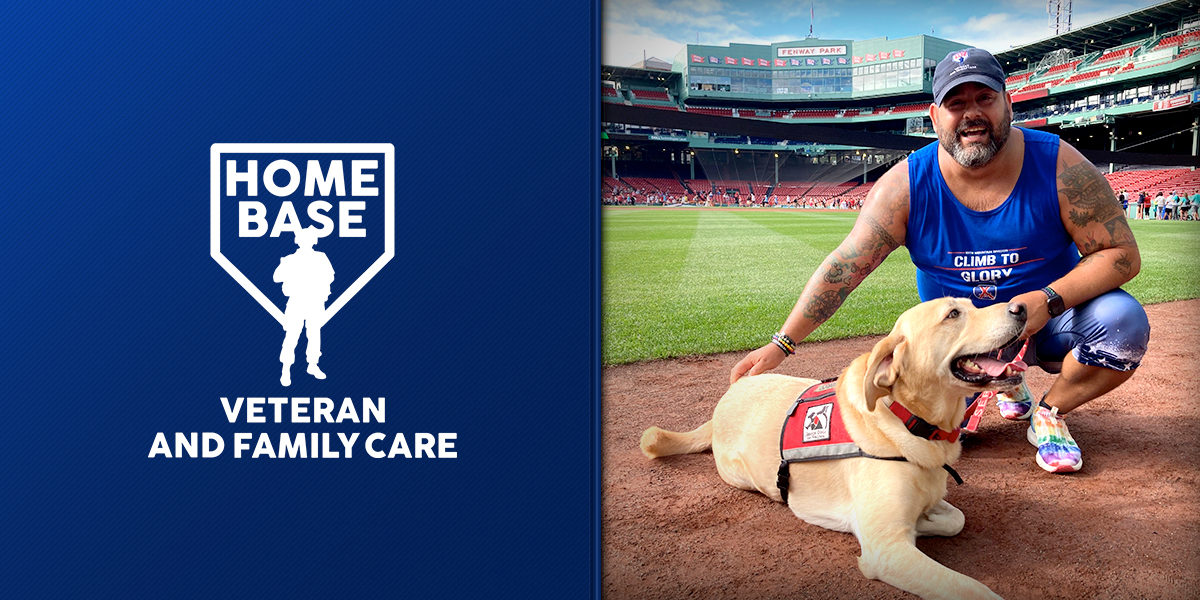Joel Silva only ever intended to serve three years in the Army. “I went for the free food, the free clothes, and the roof over my head,” he jokes.
But the US military has a funny way of retaining its servicemembers beyond the promises soldiers make to themselves. Three years became six. And then nine. Finally, Joel had nearly 20 years of service under his belt. He deployed to Afghanistan as a captain at year 14, then promised to call it when he reached year 20.

He deployed to six countries during his Army career, serving in Bosnia, Egypt, Kuwait, Kyrgyzstan, Afghanistan, and Liberia. 20 years is a long time to spend in the company of soldiers, and Silva was no stranger to both receiving and giving orders. He got so good at planning and executing operations it became second nature. Life was regimented to an extreme degree.
But what happens when you take all that away? When you turn in your papers and retire after 20 years, what is the first decision you make? Many veterans face decision paralysis relatively soon after departing from active duty. There’s a loss of that sense of purpose, so ingrained and obvious in a career spent in the military. Joel soon developed a disdain for planning pretty much anything, and he felt lost as far as knowing his purpose in the world.
But hiding just under the surface was a deeper wound Joel hadn’t yet fully uncovered. At the insistence of his wife, Joel decided to visit a VA doctor, who quickly diagnosed him with PTSD.
At first, Joel was confused. He didn’t understand his diagnosis. Sure, he’d seen his fair share of terrible things in the military. Corpses on the sides of roads in war-torn regions. But Joel had never received direct fire and never gave a second thought to the potentially dangerous environments he was operating in.

But when it comes to PTSD, no two sufferers are alike. While the events that made lead to trauma vary from soldier to soldier, it all takes a toll. Whatever a soldier experienced or witnessed, it can chip away at them if left unaddressed.
It took several therapy sessions for Joel to realize his trauma was a multifaceted thing: An unsettling combination of witnessing war, suspecting threats, and a heaping pile of survivor’s guilt. During his time serving alongside soldiers and commanding them himself, Joel had seen so many people make the ultimate sacrifice. Emerging on the other side of 20 years unscathed weighed heavily on him.
“I found myself even having guilt over people I’d never even met in my service,” Joel explained. “I’d hear about a casualty half a world away and wonder why it was them and not me.”
Joel became frustrated with this inability to secure proper care from the VA. He reached a point where he’d just about given up, until one VA doctor suggested an organization that had helped a number of veterans in the past. Something that could have a positive impact.
At the suggestion of the doctor, Joel took notice of HOME BASE, a partnership of the Red Sox Foundation and Massachusetts General Hospital. A native of Rhode Island and a lifelong Boston baseball fan, Joel was immediately interested. The organization had long led regional and national efforts intended to help servicemembers, veterans, and their families heal from the invisible wounds of war.
Joel was soon welcomed into a cohort of other veterans seeking help and treatment. The two-week clinical program included doctors, psychologists, nurses, physical therapists, and rehabilitation specialists, all of whom tackle a veteran’s unique needs on a personal level. Veterans are encouraged to explore meditation and breathwork as strategies for dealing with triggers and episodes. Integrative therapies like yoga and Tai Chi help veterans connect with their bodies and find a path through trauma.
“I was skeptical at first,” Joel admitted. “Things like meditation and yoga all seemed hokey to me, but you know what? That shit works.”
Volunteers and professionals at Home Base understand the goal isn’t to cure PTSD. It’s about managing it. Equipping sufferers with the tools they need to recognize triggers, be mindful of stressors, and to work through the moment so the tough times are significantly reduced in time and severity. “It’s about making the tough times not last as long,” Joel said.
The first week in the program was a challenge, Joel admitted. “ I was really good at putting up a façade and hiding what I was dealing with behind a sense of humor. But I was surrounded by all kinds of people who could see right through me. People who gave a damn. By the end of that week, I was opening up and dealing with things head on alongside a bunch of other veterans like me facing similar things.”

Joel also found a kinship with animals through his experience with Home Base. He joined his cohort on a visit to the Harvard Equestrian Club for equine therapy.
As before, Joel was skeptical. A bunch of grizzled soldiers hanging out with the ponies from an Ivy League polo club? But soon, Joel found himself in the company of Yahtzee, a particularly expressive horse who took a liking to him. “Folks could see how well he and I bonded,” Joel remembers. “The way he turned his ears. The way he listened to me. Pretty soon I’m hanging out with this big lug of an animal, saddling him up and caring for him all day. It wasn’t an overwhelming responsibility, but it was something I could handle. It was mine.”
“Home Base gave me the tools I needed to make me want to keep going. They gave me hope again at a point in my life when I was constantly down. And if one just one veteran in need of help reads this, I want them to know that help is out there.”

